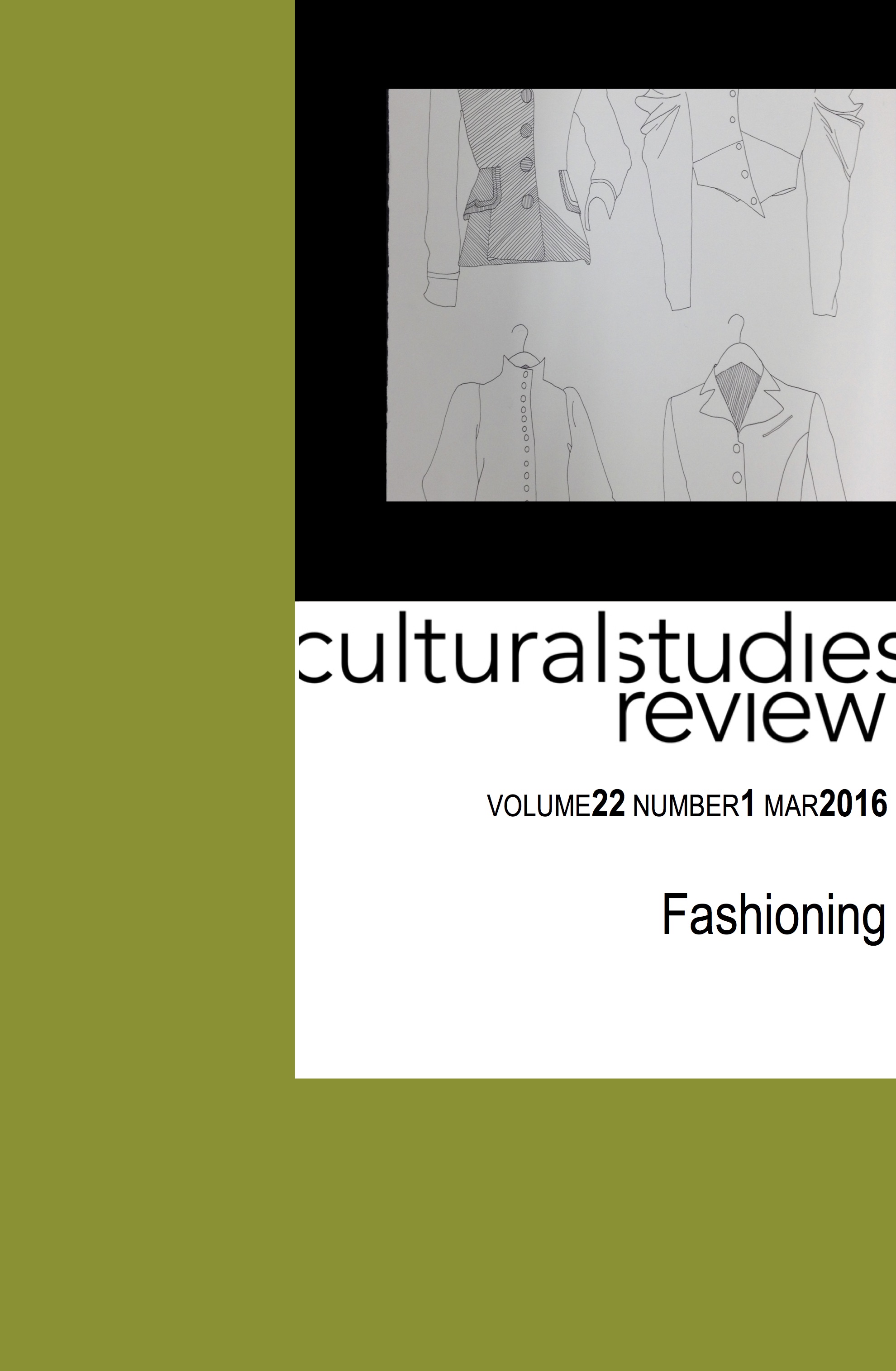Why is it so Hard to Engage with Practices of the Informal Sector? Experimental Insights from the Indian E-Waste-Collective
Main Article Content
Abstract
Electronic waste is one of the biggest and dirtiest waste streams worldwide, endangering humans and non-humans especially in the 'global south'. The government of India issued a new law to deal with this issue in 2011: the ‘e-waste (Management and Handling) Rules’. This article reconstructs the process by which this law was developed over eight years with ethnographically collected data. It points particularly to the ways the law threatens parts of the informal sector. 'Refurbishers’, who repair used electronic items, are ignored—even though they initially played a crucial part in the newly composed value chain, including during early draft of the electronic waste law. Such informal practices were neglected because of the particular focus of the legislature on modern recycling. This occurred because of the eerie imagination attached to the object electronic waste. Based upon voices from the informal sector, an alternative to this imagination is introduced and critically discussed: 'juggad', a new ideal of the broken down. Taken together, the diplomatic endeavour in this article wants to do more than show that the values of informal sector practices such as refurbishment are not appreciated. The goal is to also describe why it is so hard to engage with these practices in the first place. Bruno Latour's new approach, developed in 'An Inquiry into Modes of Existence' (2013), helps unfolding the argument. This recent shift in the actor-network-theory (ANT) renders a postcolonial reconstruction of democracy feasible.
Article Details
Section
Authors who publish with this journal agree to the following terms:
a) Authors retain copyright and grant the journal right of first publication with the work simultaneously licensed undera Creative Commons Attribution License that allows others to share and adapt the work with an acknowledgement of the work's authorship and initial publication in this journal.
b) Authors are able to enter into separate, additional contractual arrangements for the non-exclusive distribution of the journal's published version of the work (e.g., post it to an institutional repository or publish it in a book), with an acknowledgement of its initial publication in this journal.
c) Authors are permitted and encouraged to post their work online (e.g., in institutional repositories or on their website) prior to and during the submission process, as it can lead to productive exchanges, as well as earlier and greater citation of published work (See The Open Access Citation Advantage Service). Where authors include such a work in an institutional repository or on their website (ie. a copy of a work which has been published in a UTS ePRESS journal, or a pre-print or post-print version of that work), we request that they include a statement that acknowledges the UTS ePRESS publication including the name of the journal, the volume number and a web-link to the journal item.
d) Authors should be aware that the Creative Commons Attribution (CC-BY) License permits readers to share (copy and redistribute the work in any medium or format) and adapt (remix, transform, and build upon the work) for any purpose, even commercially, provided they also give appropriate credit to the work, provide a link to the license, and indicate if changes were made. They may do these things in any reasonable manner, but not in any way that suggests you or your publisher endorses their use.
